
How do I know if I have dry mouth?
Dry mouth, also medically known as xerostomia, is the condition of not having enough saliva, or…
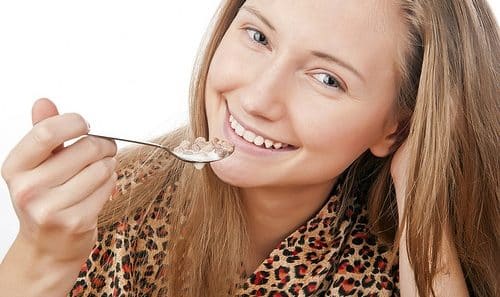
Foods that Can Harm Enamel
Many people who are careful about brushing and flossing their teeth wonder how they still end…
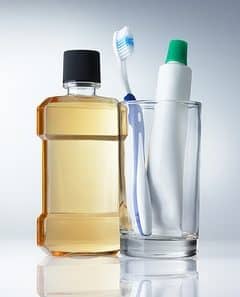
To use or not to use mouthwash; that is the question
A famous mouthwash company chose the marketing slogan, “Better than flossing.” As a consumer, would you…
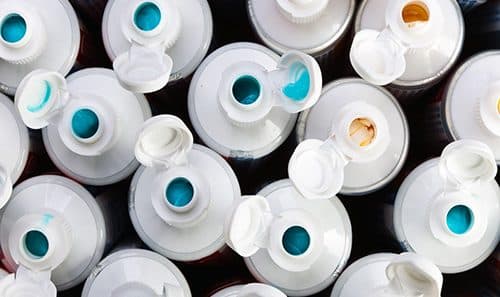
Toothpaste Guide
Between the huge number of toothpaste brands on the market today, the different flavors, and claims…

Eat Well, Feel Good, Smile Better
Did you know that the most common oral health diseases are tooth decay and gum disease?…
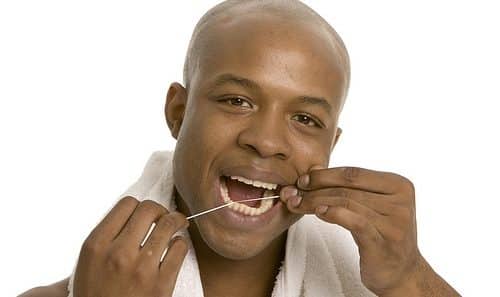
When is the best time to floss?
At Crichigno Orthodontics, we prefer our patients to practice good oral hygiene between office visits. Part…

What should we blog about?
As a patient at Crichigno Orthodontics, your opinion matters! Dr. Nicola Crichigno and our team love…
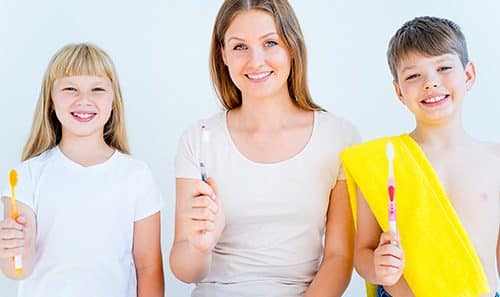
Taking Care of Your Toothbrush
Did you know your toothbrush could be covered with almost ten million germs? We know ……

Why it’s Important to Leave Us Reviews
At our office, Dr. Nicola Crichigno and our team do all that we can to make…
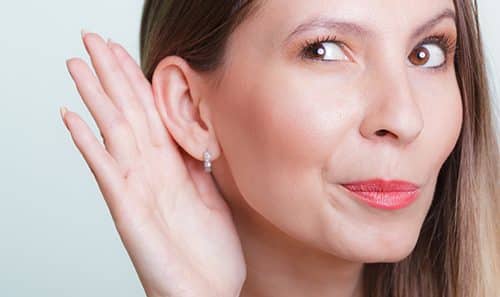
Blog Suggestions? Let’s Hear Them!
Your opinions matter to Dr. Nicola Crichigno and our team! Our blog is meant to be…


